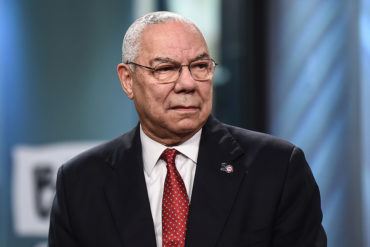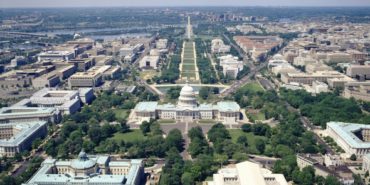The Waukesha Christmas Parade Massacre
On Sunday, 21 November 2021, a man broke through barriers and drove his red SUV wildly through a Christmas parade in Waukesha, Wisconsin, killing six and injuring more than sixty others. The suspect, Darrell Brooks, 39, was well-known to local police, a repeat offender who had just been released from jail two days prior on a thousand-dollar bail after arrest on a domestic abuse charge. Brooks had been accused of trying to run down his girlfriend with the same SUV. Witnesses said that Brooks swerved through the parade route in a zig-zag pattern, apparently attempting to hit as many people as possible. Police recovered Brooks and the damaged SUV several hours later; he was arraigned on multiple counts and bail set at a more reasonable $5 million.






